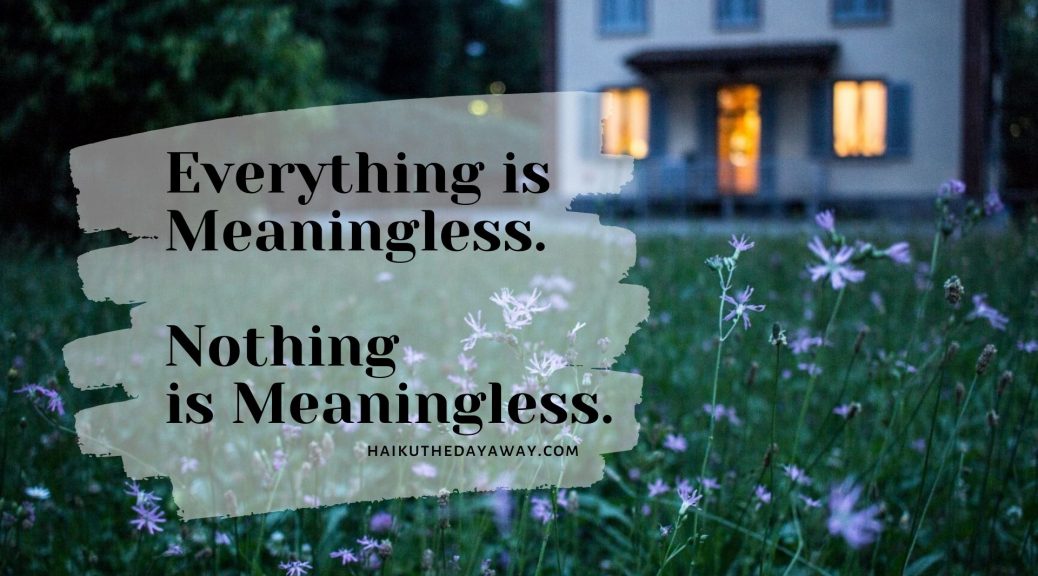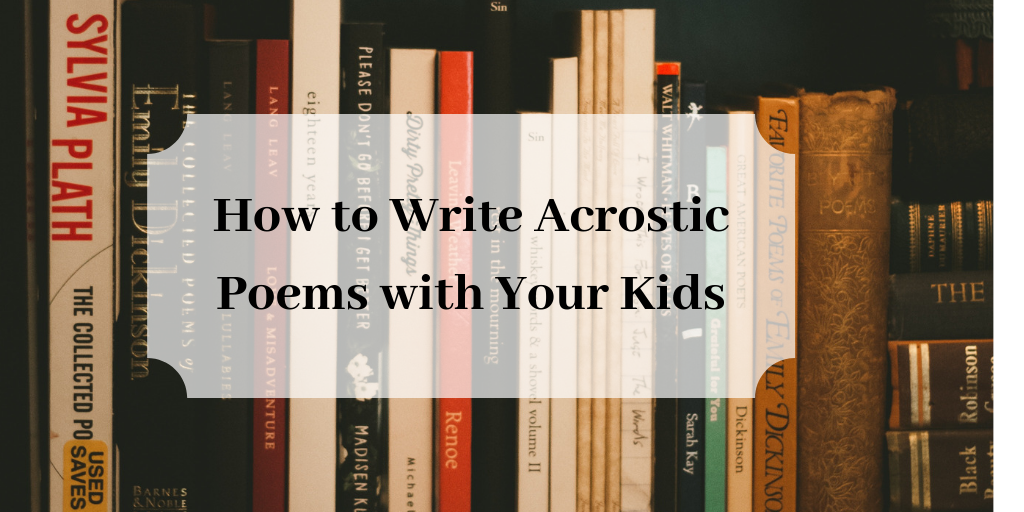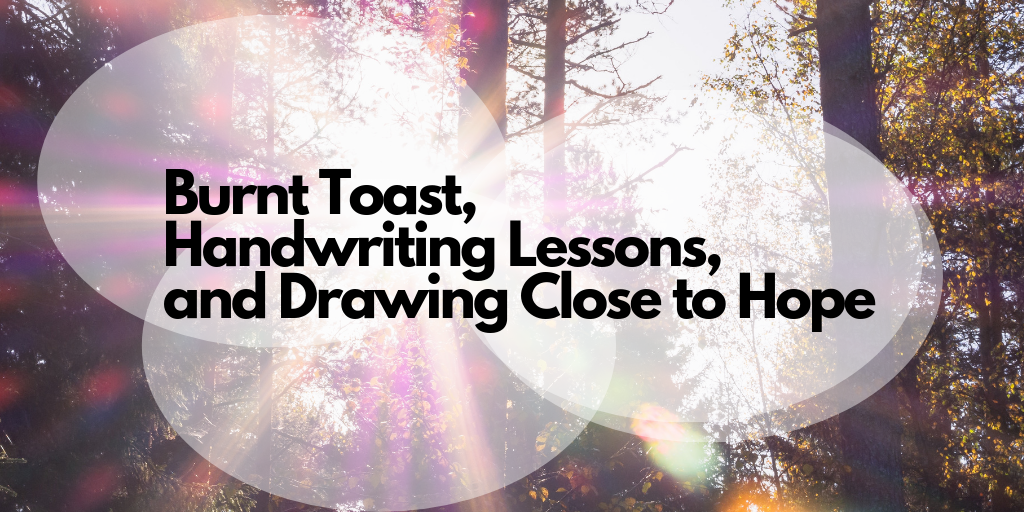Everything is Meaningless. Nothing is Meaningless.
There is nothing new under the sun. Oh, Ecclesiastes, how I love you. Just. People. Go read it. And read it again. All streams flow into the sea, yet the sea is never full. To the place the streams come from, there they return again. All things are wearisome, more than one can say. The eye never has enough of seeing, nor the ear its fill of hearing. What has been will be again, what has been done will be done again; there is nothing new…


